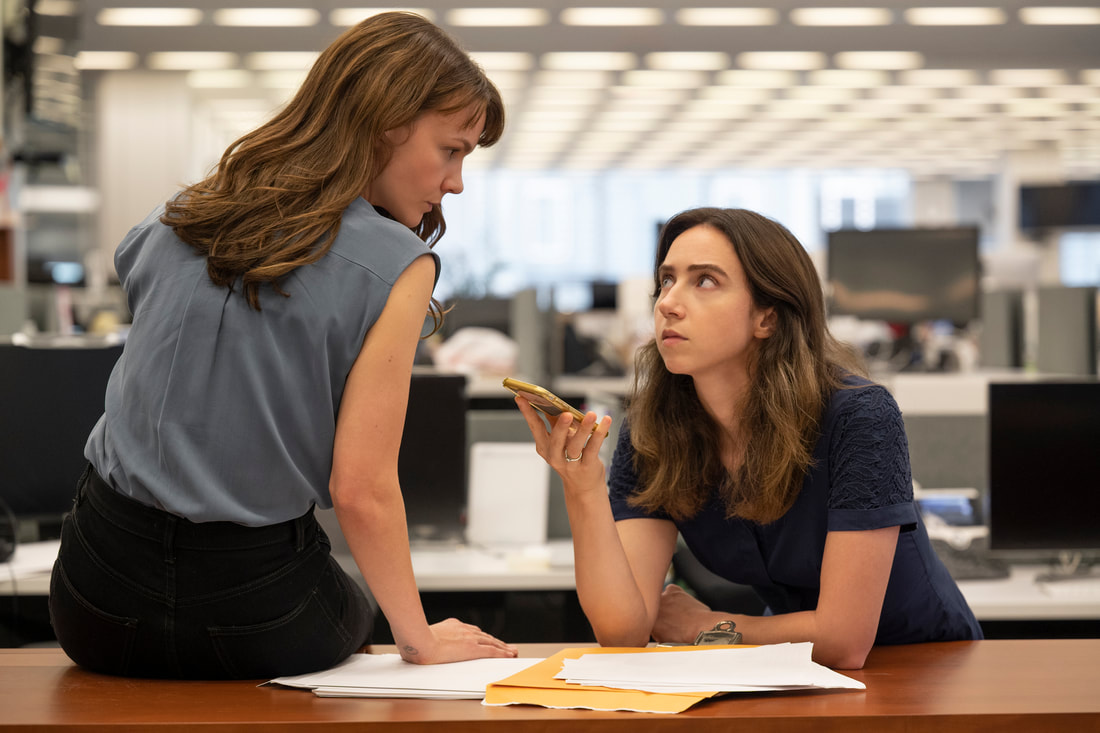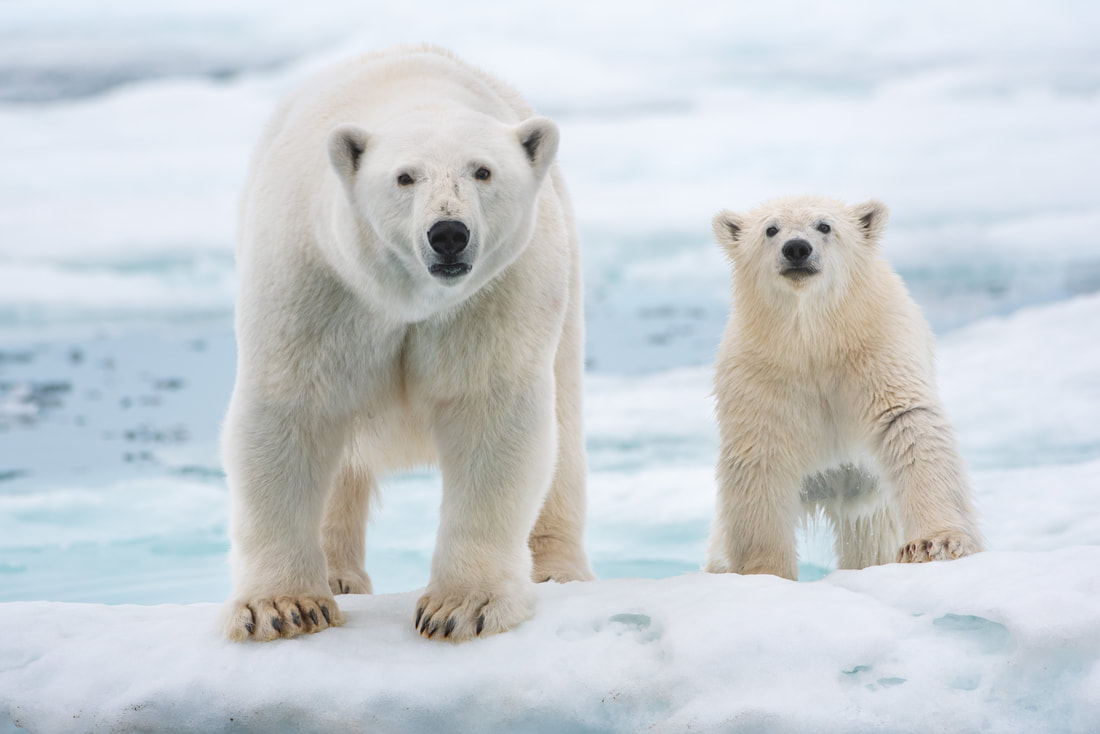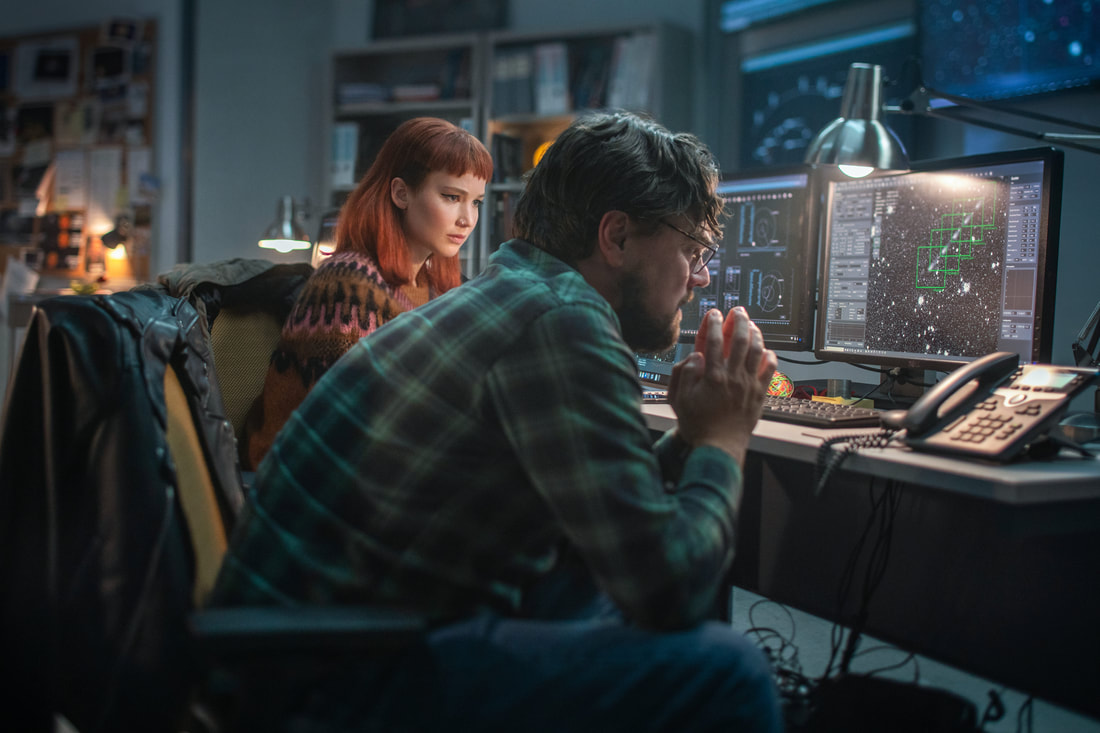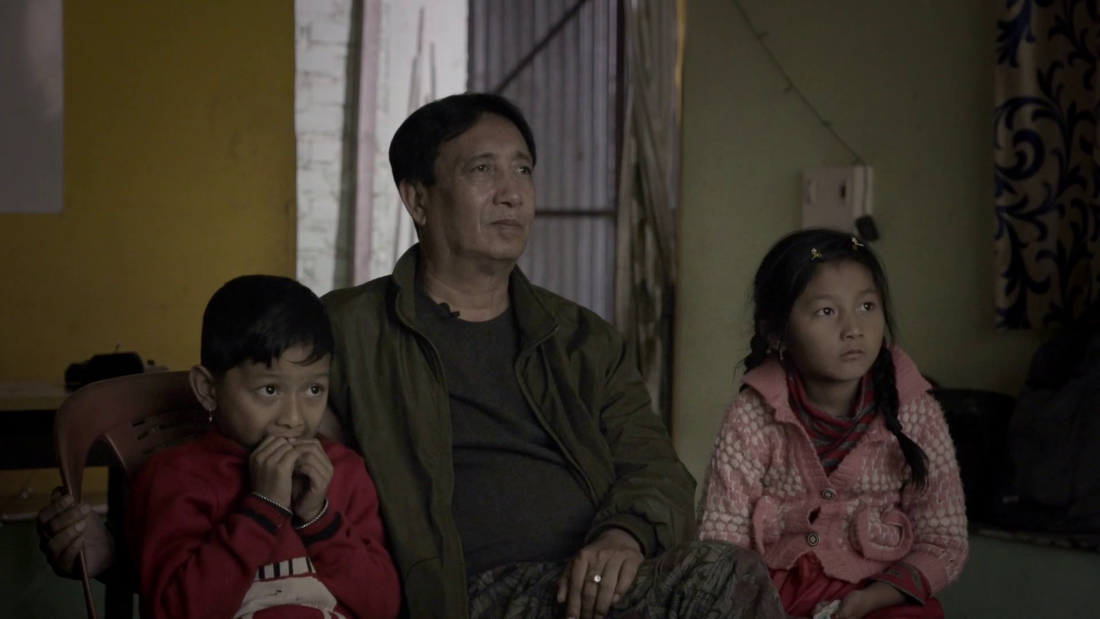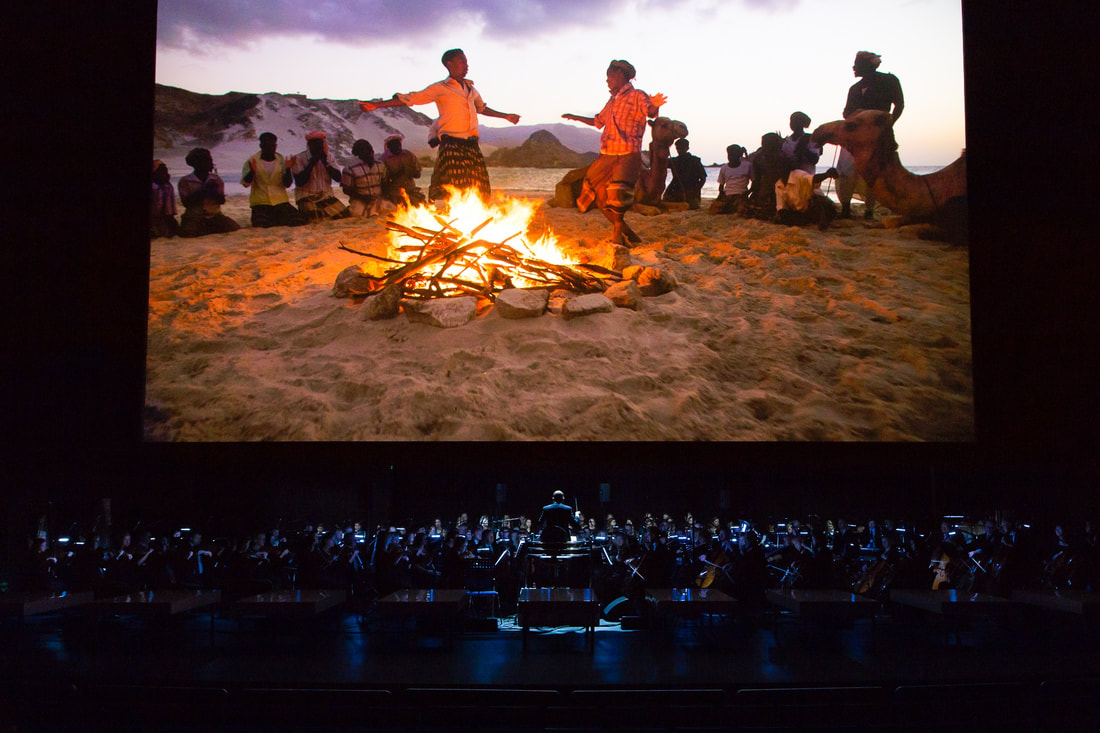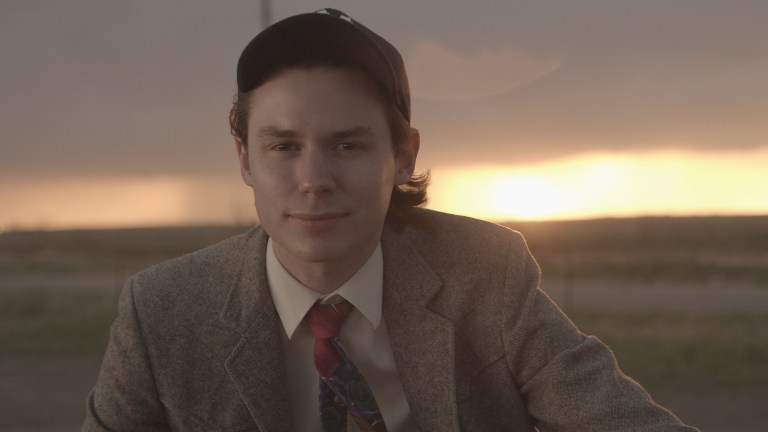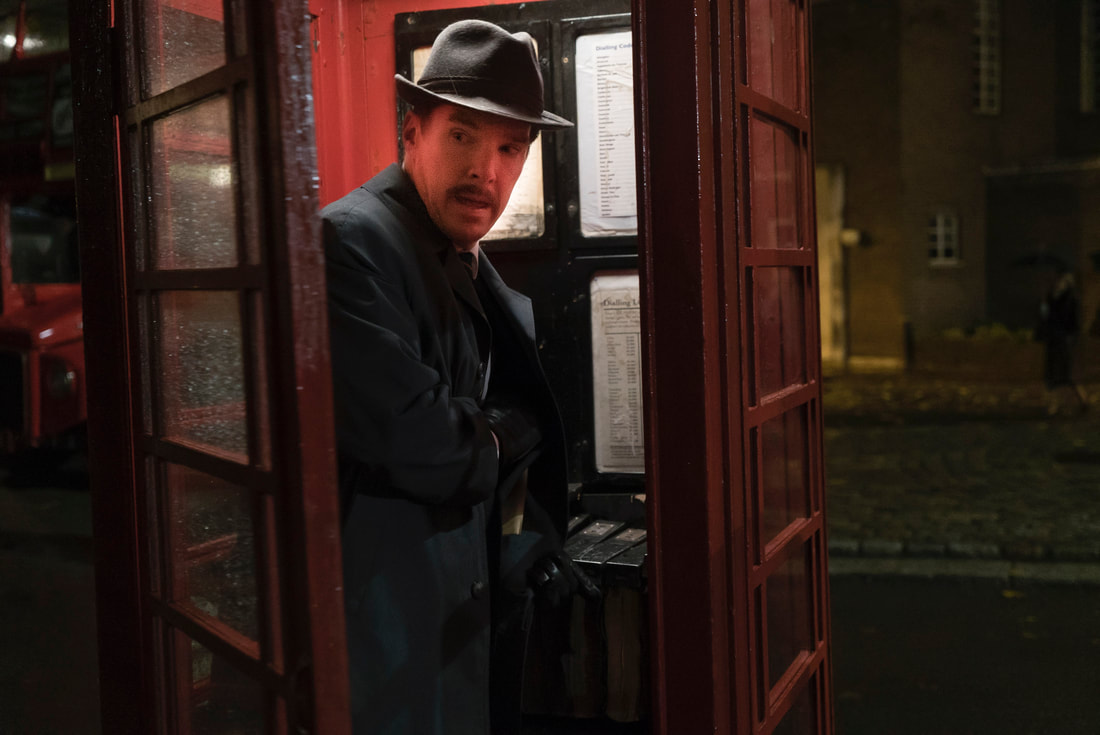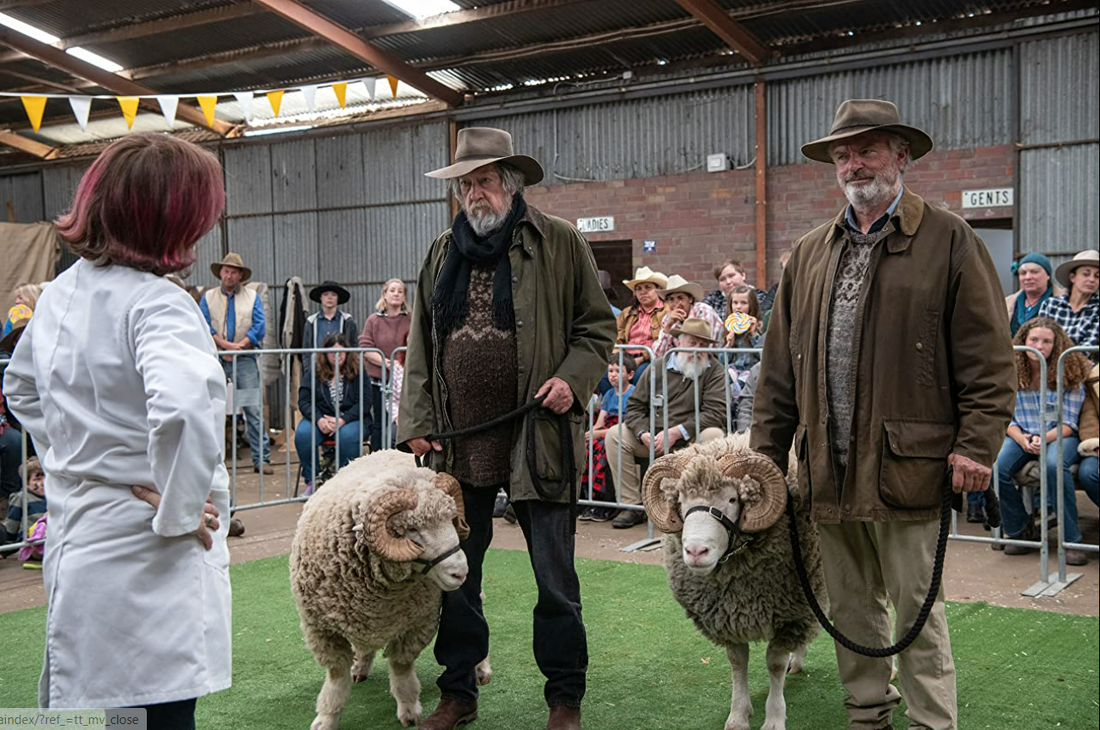|
Originally published on Elements of Madness.  L-R: Michelle McLeod stars as Mejal, Sheila McCarthy as Greta, Liv McNeil as Neitje, Jessie Buckley as Mariche, Claire Foy as Salome, Kate Hallett as Autje, Rooney Mara as Ona and Judith Ivey as Agata in director Sarah Polley’s film WOMEN TALKING. An Orion Pictures Release. Photo credit: Michael Gibson. © 2022 Orion Releasing LLC. All Rights Reserved. With an impressive cast, best-selling source material, two Oscar nominations, and one Oscar win, Women Talking has gotten a lot of buzz. Unlike some of this year’s other best picture nominees, Women Talking isn’t supposed to entertain crowds or draw hordes of movie fans to the box office. It’s supposed to make you think. Written and directed by Sarah Polley (Take This Waltz), the film is based on Miriam Toews’s novel of the same name which is inspired by events that occurred in an isolated Mennonite community in Bolivia. The novel explores what might have happened if women in the community had met in secret to decide what to do about ongoing sexual abuse. Together, they must figure out if they will leave, stay and fight, or do nothing. They carefully consider the pros and cons of each option, and they must ultimately choose between the familiarity and religious security of their community and the potential freedom they might experience in a world they know nothing about.
0 Comments
“She Said” Forgoes Explicit Trauma and Emotional Manipulation in Order to Respect Survivors of Abuse11/17/2022 When a story about a crime or scandal breaks, you can bet that there’s a movie producer somewhere who’s already in negotiations over the rights to that story — and I can’t blame them. Humans are naturally curious, and there’s something inherently intriguing about the psychology of serial killers and the complex webs of events behind white-collar crimes. In October of 2017, when journalists Jodi Kantor and Megan Twohey published a story that exposed the crimes of Harvey Weinstein, producers Dede Gardner and Jeremy Kleiner had acquired rights to a movie version of the story within a few months. The hasty move seems, at first glance, exploitative and unethical. Why would anyone be in such a rush to make a movie about such a personal and traumatic topic? Can you make such a movie that doesn’t exploit the painful memories of the survivors? But after watching She Said, it’s clear that Gardner and Kleiner, along with director Maria Schrader and writer Rebecca Lenkiewicz, had one goal in mind: to give voice to the survivors in a truthful and respectful way. Weinstein, who is now behind bars, received more than enough attention both before and after the allegations broke. She Said works to shift the conversation about sexual abuse in Hollywood from the perpetrators to the survivors.
April 22, 2022 marks the 52nd Earth Day, an event that began in America in 1970 and is now celebrated in over 190 countries. Disneynature is celebrating by releasing a new documentary that gives voice to a lovable and vulnerable animal: the polar bear. Directed by Alastair Fothergill and Jeff Wilson, who collaborated on Disneynature’s Penguins (2019), Polar Bear takes us on a grand and enlightening journey with a young female polar bear as she learns how to hunt, play, survive, and eventually, take care of a cub of her own (of course, the filmmakers did not actually follow one particular bear from her cub years to adulthood, but the narration is written to make it seem that way). While the overall structure of Polar Bear isn’t that different from the average nature documentary, it has a heartwarming and personal tone that you might not expect from this kind of movie.
Kate Dibiasky (Jennifer Lawrence) begins her morning like any other. She makes a cup of tea, curses at herself as she prepares her jam and toast, pops in her earbuds, and plants herself in the observatory at Michigan State. But as she looks out at the stars, she notices something strange, out of place, and beautiful: a comet, fierce and fiery, making its way across the solar system. For a brief moment, Kate experiences the joy of genuine discovery. She’s soon joined in the observatory by her fellow PhD candidates and their mentor, astronomy professor Randall Mindy (Leonardo DiCaprio). But after conducting a few calculations, Kate and Randall come to a stomach-churning realization about the comet.
I don’t think that anyone has ever convinced me to change my mind about my political or moral beliefs by using academic theories and 25-cent vocabulary words. However, when someone tells me a personal story, I can’t help but open my mind to new thoughts and ideas. As I participate in and observe political battles on social media, I’ve also learned that it’s easier to communicate with others via storytelling rather than through theoretical explanations filled with progressive buzz-words (which will just make people mad unless they already agree with you). Naturally, then, a narrative film can easily garner sympathy from a wide audience, while a politically-charged documentary will struggle to communicate with audience members who don’t already agree with its message. This is unfortunate, since many narrative films about social justice issues often go all-in with the drama, making the audience feel like they’ve done their part just by displaying an emotional response (as in, “I thought The Help was sad so clearly I’m not racist.”) So, what are some effective strategies that filmmakers can use to educate their audience about social justice issues? Samarth Mahajan gives us some ideas with his human-centered documentary, Borderlands.
It’s strange to think that children born within the last eight years or so will develop their first memories in a world where social distancing and mask wearing are the norm. While most of us have made significant lifestyle adjustments during the pandemic, this group of children has never known anything different. We certainly hope things will have gone back to “normal” by the time this generation comes of age, but there’s no doubt that COVID-19 will have many lasting effects on the world. In the short film “6,480 Days,” writer/director Ran Slavin imagines a future in which the lockdown never ended, and the virus is still a very real threat. The narrator, a young man born sometime after the initial outbreak, reflects on the pre-pandemic world he never knew. But like any good post-apocalyptic vision, “6,480 Days” has a lot more to say about our current fears and attitudes than those of future generations.
Press materials for Tom Lowe’s Awaken describe the film as a documentary that explores “humanity's relationship with technology and the natural world.” Although I didn’t realize it until I was halfway through the film, this description set me up to expect a depressing film about climate change. Of course, it’s more important than ever to educate ourselves on the reality of climate change, but Lowe doesn’t use depressing imagery and horrific statistics to send a message about preserving nature. By using breathtaking montages of our planet’s most exquisite sights, Lowe puts nature itself at the center of the story and positions humanity as an integral part of the natural world rather than an inherently destructive force. The visually stunning and immersive documentary sends a hopeful message of renewal while reminding us of our responsibility as Earth’s caretakers.
If you go into "The Courier" expecting a feel-good historical drama, you won’t be disappointed.3/15/2021 As literature and media consumers, we’re accustomed to reading stories that fit neatly into one of a few familiar narrative templates. Regardless of genre, even the most unique original screenplays can be reduced down to a basic plot formula that we’ve already encountered a million times (according to author Christopher Booker, there are in fact 7 basic plots, hence the title of his 2004 book). The hero’s journey, for one, is proven cinematic gold, as we’ve seen with the Marvel franchise’s takeover of 21st century cinema. This plot structure not only provides us with a thrilling adventure, but it allows us to indulge in the possibility that we, too, could one day be a hero. With social media personalities plastered all over our screens, it’s nice to escape into a fantasy world where the most ordinary people get the chance to prove their moral strengths. This is the kind of fantasy that screenwriter Tom O'Connor created in his Cold War espionage thriller, The Courier. Working with director Dominic Cooke, O'Connor pulls together a variety of historical sources to craft a classic based-on-true-events story that reminds us why we keep going back to the movies.
Originally published on Elements of Madness Director Jeremy Sims brings together the talents of Sam Neill, Michael Caton, and Miranda Richardson in Rams, his English-language remake of the 2015 Icelandic film, Hrútar. Rams centers around feuding brothers Colin and Les Grimurson (Neill and Caton, respectively), who have been engaged in a silent-treatment standoff for decades as they keep separate flocks of sheep on opposite sides of their family land. After Les wins the local ram judging contest, Colin and the local vet, Kat (Richardson), make a life-altering discovery. Les’s prize-winning ram is infected with Ovine Johne’s disease, a deadly bacterial disease that could easily wipe out all the local herds. The community’s agricultural department orders all farmers in the area to eliminate their flocks and undergo extreme decontamination procedures, effectively destroying the town’s main source of income. While Les responds by lashing out in drunken rages, Colin devises a secret plan to hold on to his family’s specially bred sheep for a little while longer. At the risk of losing the things they love most, Colin and Les must figure out how to reconcile their differences in the face of unexpected changes and grief.
|
"Our embodied spectator, possibly perverse in her fantasies and diverse in her experience, possesses agency...finally, she must now be held accountable for it." Categories
All
|


